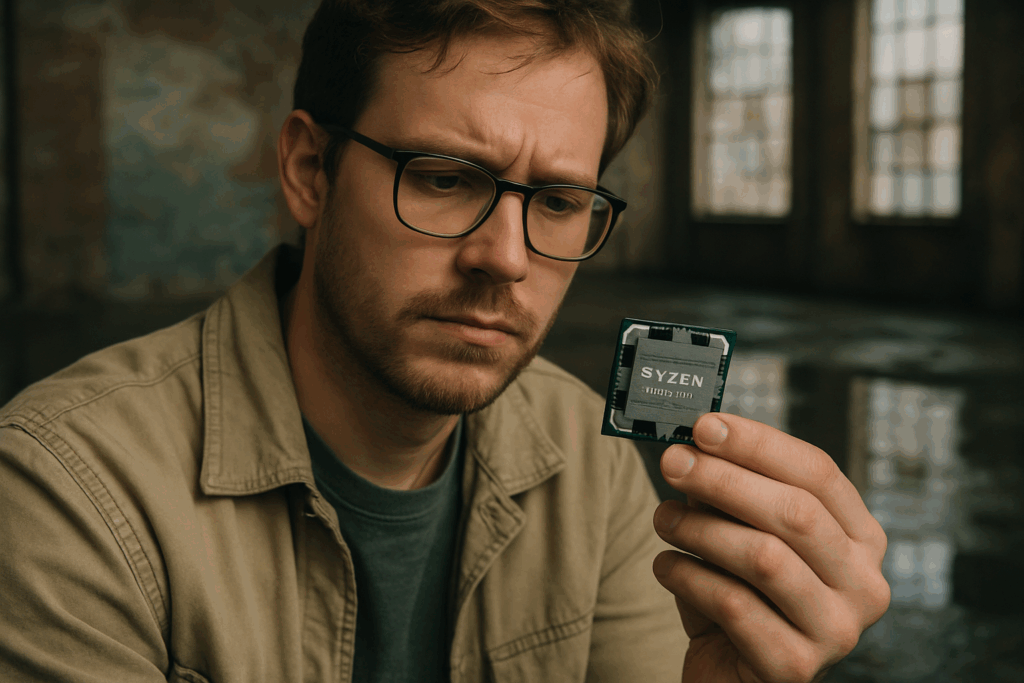What appliances use gas in an apartment
Gas appliances in apartments usually fall into a few core categories: heating, cooking, and sometimes laundry. Here’s a breakdown of typical gasusing appliances:
Gas Ranges and Ovens
These are the most common gas appliances in apartments. They offer more responsive heat control compared to electric stoves, which is why many home cooks prefer them. You can usually tell it’s gas if there are burners with a visible flame.
Gas Water Heaters
If your hot water heats quickly and doesn’t jack up your electric bill, you might have a gas water heater. These units use natural gas or propane to heat water faster and often more costeffectively than electric models.
Gas Dryers
Not as commonly found in apartments, but still possible. Gas dryers are efficient, heating up faster than electric ones. Check the back of the unit—if there’s a gas line, it’s gaspowered. Because they’re less common in rentals, this one’s easy to overlook.
GasFueled Heating Systems
Forcedair heating systems or wall furnaces in older apartment buildings are often gaspowered. If you hear a burner kick on when the heat starts, it’s likely using gas. They’re popular for their fastheating abilities and lower fuel rates during colder months.
DualFuel or Gas Fireplaces
Some higherend or renovated apartments include ventless gas fireplaces. These offer aesthetic appeal along with solid heating power. Simple rule: if it lights with a pilot flame or clickandflame button, it’s powered by gas.
Why It Matters
Knowing what appliances use gas in an apartment directly impacts your budget and safety. Gas appliances generally cost less to operate over time than electric ones—but the tradeoff is the need to take basic precautions. Installing carbon monoxide detectors, checking ventilation regularly, and knowing where your gas shutoff valve is becomes part of your responsibility, especially in older buildings.
Gas also changes how you interact with an appliance. For example, cooking with gas is instantaneous—you get heat immediately and can control temps precisely. On the flip side, there’s a small learning curve if you’re used to electric stoves.
How to Tell If an Appliance Uses Gas
Not all building managers label appliances clearly. Here’s how to spot a gas appliance:
Look for a flame: A visible pilot light or burner flame is an obvious indicator. Check the connections: Gas appliances connect to thicker, usually yellow or silver gas lines, not just plugin power cords. Sniff test (cautiously): If you notice a faint sulfur or rotten egg smell near an unused appliance, that’s the odor added to natural gas for safety. Utility bills: If your apartment has a natural gas line, you’ll probably get billed by a separate gas provider. High winter spikes usually point to gas heating.
Do All Apartments Have Gas?
Nope, many newer apartment complexes run entirely on electricity. Gas lines are more common in older buildings or mixeduse dwellings. If you’re apartment hunting or considering buying, confirm whether appliances are gas or electric so you can anticipate energy costs and maintenance needs.
Pros and Cons of Gas Appliances
Pros
More costefficient longterm Faster heating (especially for cooking and drying) Can operate during power outages (in some cases)
Cons
Requires extra safety awareness (leaks, carbon monoxide risk) Not always allowed—or available—in all areas Slightly more maintenance due to burner components
Maintenance Tips for Gas Appliances
If your apartment has a few gaspowered features, be proactive:
Check for proper ventilation: Make sure exhaust fans or vents aren’t blocked. Inspect flame color: A healthy gas flame should be blue, not yellow or orange. Carbon monoxide alarms: Install one near gas appliances, especially heaters or stoves. No DIY gas fixes: If you suspect a problem, call your landlord or a licensed technician. Gas is not a good place to wing it.
Should You Prefer Gas in an Apartment?
It depends on your needs. If you love cooking and want lower winter bills, gas appliances might be a win. If you’re big on low maintenance and modern safety features, you might prefer electric setups. For those who value performance and efficiency, gas appliances can make daily life a bit smoother—as long as you’re comfortable handling the responsibilities.
Final Thoughts
Understanding what appliances use gas in an apartment gives you control—over your bills, your maintenance routines, and even your comfort. Whether you’re eyeing that gas stove or surveying your heating system, knowing how gas fits into your apartment’s infrastructure is a smart move. Check your units, track your usage, and when in doubt, ask your landlord.




